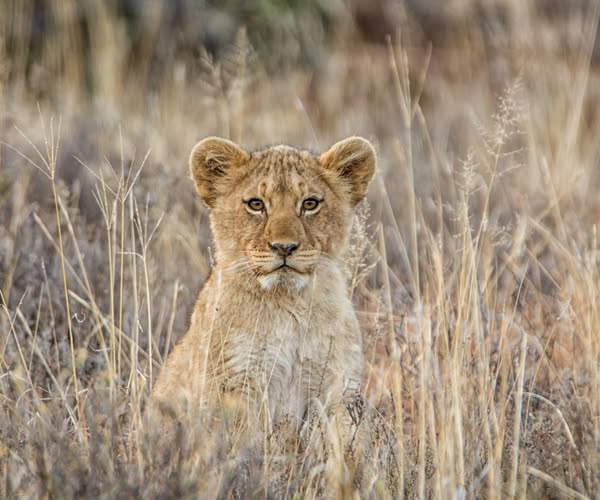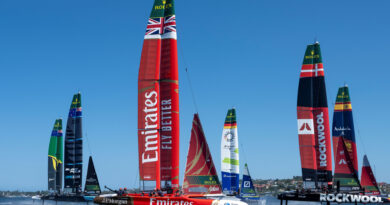Emirates SkyCargo Strengthens Efforts to Combat Illegal Wildlife Trade
As the world marks World Wildlife Day, Emirates SkyCargo reaffirms its commitment to protecting biodiversity by disrupting illegal wildlife trade networks. The cargo division of Emirates continues to enhance its protocols, strengthen collaborations, and train its personnel to prevent the trafficking of endangered species and wildlife products.
Emirates SkyCargo has long upheld a zero-tolerance policy toward the illegal wildlife trade. The airline strictly prohibits the transportation of hunting trophies of the Big-4, as well as illegal wildlife products, including rhino horns, elephant tusks, leopard skins, and shark fins. By implementing stringent screenings, document verification, and spot checks, Emirates SkyCargo actively prevents trafficked goods from being transported.
Badr Abbas, Divisional Senior Vice President of Emirates SkyCargo, emphasized, “The illegal wildlife trade is one supply chain we will not facilitate – in fact, we proudly disrupt it. From employee training to collaborating with governments and NGOs, we remain committed to keeping wildlife wild.”
Emirates SkyCargo has played a pivotal role in Project Vikela, a program designed to enhance airport security systems across Africa to detect illegal wildlife products. Additionally, the airline has trained over 30,000 employees and ground handling staff worldwide to identify and report suspicious cargo, reinforcing its enforcement capacity.
Following the African Union’s 2024 decision to ban the slaughter of donkeys, Emirates SkyCargo extended its embargo to include donkey hides. In collaboration with The Donkey Sanctuary, the airline co-developed the Aviation Risk and Threat Assessment operational guide to highlight the risks associated with the illicit trade of donkey skins.
Emirates SkyCargo has also facilitated the safe transportation of rescued wildlife. In a recent effort, the airline worked with Animals Lebanon to relocate a four-and-a-half-month-old lion cub, Sara, from an unsuitable domestic setting to a sanctuary in Cape Town, ensuring her well-being.
Emirates SkyCargo actively supports the Convention on International Trade in Endangered Species of Wild Fauna and Flora (CITES) in coordination with the UAE Ministry of Climate Change and Environment. Collaborating with Dubai Customs and Dubai Police, the airline has intercepted multiple illegal wildlife shipments, disrupting trafficking networks.
The broader Emirates Group has integrated wildlife protection into its Environmental Sustainability Framework. Emirates was a founding signatory of the Buckingham Palace Declaration and actively participates in the United for Wildlife Transport Taskforce and its MENA Steering Committee.
To raise awareness, Emirates has adorned four A380 aircraft with liveries featuring endangered species, reaching millions globally. The airline also provides economy and premium economy passengers with amenity kits showcasing endangered species to educate travelers about conservation.
Shannon Scott, Vice President of Sustainability and Environment, stated, “Protecting wildlife is embedded in our sustainability framework. Safeguarding biodiversity is not just about animals—it’s about protecting human communities and ecosystems. We take this responsibility seriously.”
To learn more about the Emirates Group’s holistic approach to environmental sustainability, visit Our Planet.



